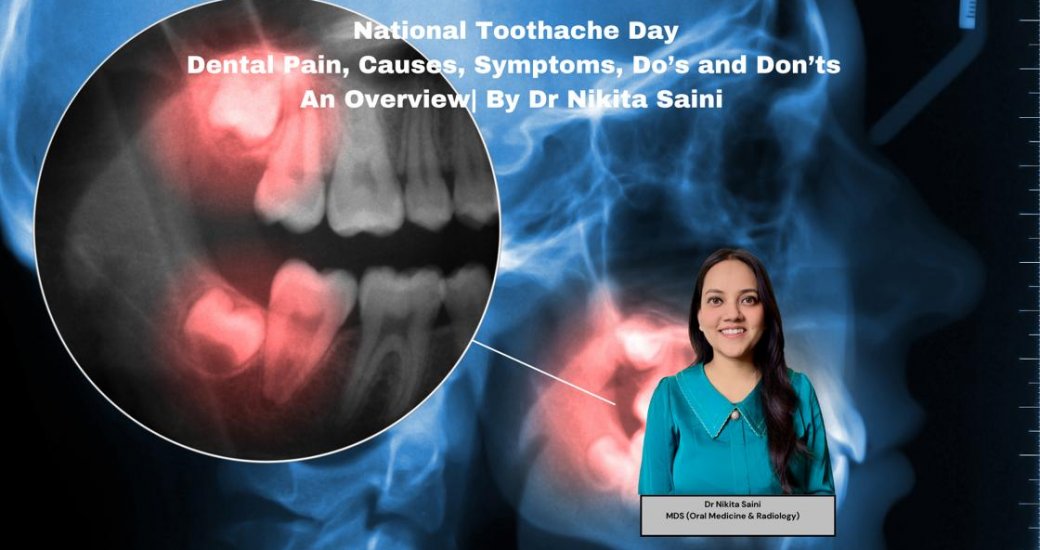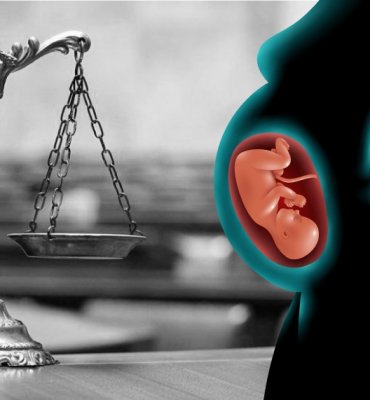
Procedures like scaling and dental fillings often require no anesthesia. For more involved treatments like extractions or root canals, a quick and painless numbing shot is administered, ensuring a comfortable experience throughout the procedure.
February 9th marks National Toothache Day, and what better way to celebrate than by sharing crucial information to keep dental pain at bay! Let's tackle some common questions and concerns because, let's face it, we all dread dental issues.
What is a Toothache?
A toothache is any pain originating from your tooth or its surrounding structures. It can range from mild to severe, depending on the underlying dental condition.
What Causes a Toothache?
Toothaches can result from dental cavities, broken fillings, tooth fractures, infections around tooth roots, pus formation, enamel loss, and dental swellings.
What to Do If You Experience a Toothache?
Seeking prompt professional help is essential. A qualified dentist will inquire about your oral and general health, conduct a thorough examination, and may take X-rays for a better understanding. Treatment options vary from scaling, dental fillings, root canal procedures, dental crowns, to extractions, depending on the severity of the issue.
Is Dental Treatment Painful?
Contrary to popular belief, dental treatments are not inherently painful. Procedures like scaling and dental fillings often require no anesthesia. For more involved treatments like extractions or root canals, a quick and painless numbing shot is administered, ensuring a comfortable experience throughout the procedure.
Tips to Avoid Toothaches
Prevention remains the best approach:
- Maintain good oral hygiene.
- Brush twice daily with a soft bristle brush.
- Floss regularly.
- Use anti-bacterial mouthwashes.
- Limit sugary foods and drinks.
- Schedule regular scaling every six months.
- Address cavities promptly.
- Visit your dental expert for regular check-ups.
Special Tips for Expecting Mothers
Pregnancy can bring changes to your gums. To maintain dental health during this time:
- Practice good oral hygiene.
- Use fluoridated toothpaste.
- Avoid dental treatments and X-rays during the 1st and 3rd trimesters.
- The 2nd trimester is considered safest for dental procedures.
- Consume fiber-rich foods and limit sugar intake.
- Combat nausea with small, frequent meals.
- Stay hydrated to reduce the chance of dry mouth.
In conclusion, by adopting these basic oral healthcare practices and prioritizing dental health, many issues can be prevented. Remember, a healthy smile is a key to overall well-being. And as the saying goes, don't forget to smile more often!
Dr. Nikita Saini, MDS (Oral Medicine & Radiology), BDS, MIDA










